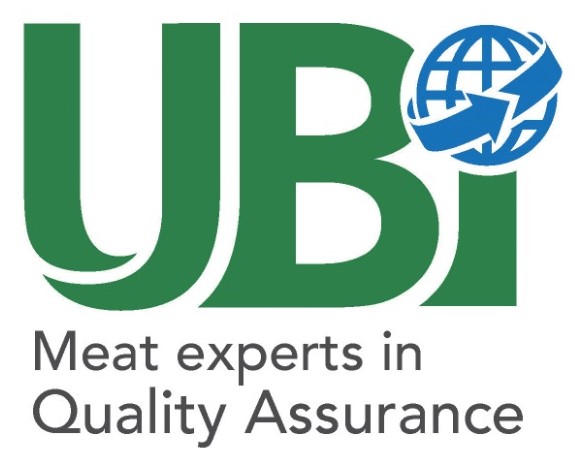BQA positively influences consumer confidence in beef
 While consumers say they care about how animals are raised, their attention to taste, value, food safety, and nutrition remain their primary focus.
While consumers say they care about how animals are raised, their attention to taste, value, food safety, and nutrition remain their primary focus.
Consumers are saying they want to know more about how their food is produced. As the beef industry strives to meet their needs, one of the most effective ways to accomplish this is to learn more about the consumer and especially their preferences when it comes to animal care and well-being.
Shawn Darcy, director of market research for NCBA, a contractor of the Beef Checkoff, provided a research update at the 2020 Cattlemen’s College held during the Cattle Industry Convention and NCBA Trade Show, Feb 6-9th in San Antonio, Texas. Cattle producers in attendance were able to hear the latest data from NCBA’s Consumer Beef Tracker, an ongoing research survey conducted by the organization to monitor consumer attitudes. Darcy presented data collected from October through December 2019, gathered from an estimated 1,500 consumers, focusing on what consumers know or think about how cattle are raised.
Twenty-seven percent of consumers indicated they are familiar with how cattle are raised. “This means more than 70% do not understand our production practices and how beef gets to their table,” says Darcy. Yet, over 40% said they are often thinking about how their food is raised when they are making their food choice.
Comparing results from 2018 to 2019, there continues to be an increase in consumers’ interest in consideration of production attributes such as the use of hormones and antibiotics and if animals are raised in a responsible, humane and environmentally friendly manner. However, consumers’ attention to taste, value, food safety, and nutrition remain their primary focus.
Comparing perceptions between production practices of beef or chicken, the beef industry scored slightly higher. Consumers were 40% positive in their perception of beef production practices; 35% neutral and 25% negative compared to their perceptions of chicken production at 37% positive; 35% neutral and 28% negative.
More specifically, animal welfare topped the consumers’ concern for beef production at 29%, followed by hormones at 6%, antibiotics at 5% and the environment at 3%.
The Consumer Beef Tracker research also measured consumer’s trust in the production of cattle and the industry. Fifty percent of consumers surveyed trust that beef farmers and ranchers care for the environment while 24% distrust this statement. A lower percentage, 40%, trust that the beef industry openly shares information with the public, with 34% expressing distrust about transparency.
As consumers seek information about beef to determine purchasing decisions, they go to sources they trust. Sources believed to be more trustworthy include grocery stores and restaurants (particularly those with a solid reputation for selling a higher quality product); independent butcher shops with a knowledgeable butcher; and online resources such as food bloggers or chefs. Farmers remain a trusted source for beef and beef information.
Sources not trusted as much as they have been in the past include the FDA, USDA, and big corporations. “But if we are putting out technical information, they (consumers) want to know the source, that USDA or other references are behind it, yet they seek out much of their non-technical information from sources like bloggers.”
The production cycle of beef is rarely understood by consumers. NCBA research has found 43% of consumers believe cattle live in confinement all their life. This unawareness is what can lead to a lack of trust or confidence in their food purchase or those who produce the product.
As a result, the beef industry is putting a greater emphasis on educating consumers about the industry’s Beef Quality Assurance (BQA) program. “Learning about BQA made consumers more confident in safety and animal welfare,” says Darcy.
In a survey asking 1,000 consumers about BQA, 70% said the BQA program increased their confidence that the food they eat is safe, and 67% responded it increased their confidence that the animals were treated humanely. BQA was viewed by consumers as a positive step reassuring them producers have been trained, educated and certified on beef production practices.
“Overall, research conducted by NCBA is valuable to help us to determine how we need to communicate with consumers, especially now, when they are seeking more information,” says Darcy.
Via Beef Magazine – B. Lynn Gordon is a freelance writer from Brookings, S.D.
